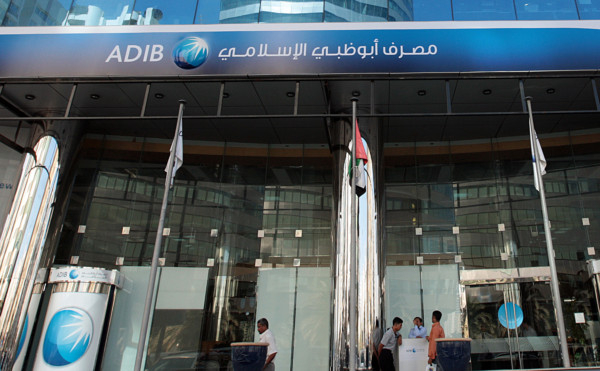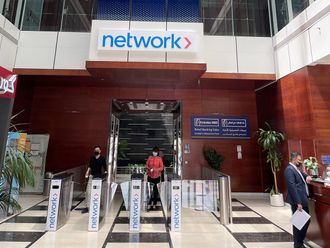
Abu Dhabi Islamic Bank (Adib) has signed an agreement to take over the retail banking operations of Barclays Bank for Dh650 million as it looks to expand its footprint in the UAE market.
The deal, which is subject to UAE Central Bank approval, will see the transfer of more than 100,000 customers and full-time retail banking employees from the British bank to Adib. The UAE’s second-biggest Islamic lender has 600,000 customers in its portfolio.
It is not clear yet when the transfer will be implemented but both banks promised to make the transfer “seamless”. There is, however, a possibility that some customers would reconsider moving their accounts to the bank.
“The move should help Adib grow its retail operations in terms of credit card business, as well as financing. For the longer term, I think we need to see more details as to how much of those Barclays’ investors will switch,” Tariq Qaqish, head of asset management at Al Mal Capital, told Gulf News.
Qaqish said it is likely that some “sophisticated” customers who have international banking requirements would be hesitant to shift to Islamic banking. “But Adib is well connected and has been competitive in terms of pricing, so I wouldn’t be surprised that a lot of those investors will be switching to Adib,” he added.
Adib recorded a net profit of Dh1.45 billion for 2013, up 20.7 per cent from Dh1.20 billion in 2012. Deposits grew by 23.2 per cent, while customer financing went up by 20.6 per cent during the same period.
‘Perfect fit’
In a statement, Adib said, the deal is a “perfect fit” for its strategy as it expands into the UAE’s expatriate market. Once completed, Barclays’ customers will have access to its network of 80 branches, 600 ATMs and internet and mobile banking platform.
Barclays is the latest bank to sell its portfolio in the Middle East. HSBC Bank Middle East announced this year the sale of its business in Jordan to Arab Jordan Investment Bank. In 2010, Royal Bank of Scotland, a government-owned lender in the UK, sold its retail banking business in the UAE to Abu Dhabi Commercial Bank (ADCB).
“The decision to exit the UAE retail banking space, while not taken lightly, allows us to focus on our businesses in corporate and investment banking and wealth and investment management. These businesses are strong, performing well, and have significant future growth potential,” said John Vitalo, Barclays chief executive officer for Middle East and North Africa.
Local banks are likely to see similar opportunities in the future as international banks are shifting their focus from retail to corporate and investment banking operations.
“What’s happening is that global banks are not really interested in the retail segment. A lot of banks are exiting Mena countries not because of their profitability. The focus is shifting, but at the same time, this is an opportunity for local banks to acquire those accounts and expand quickly,” Tariq added.










